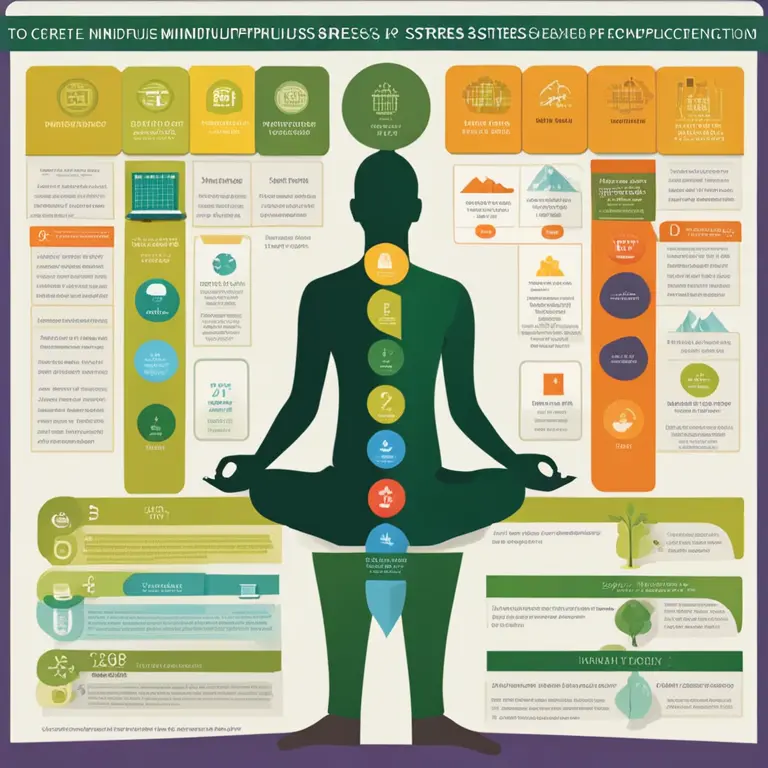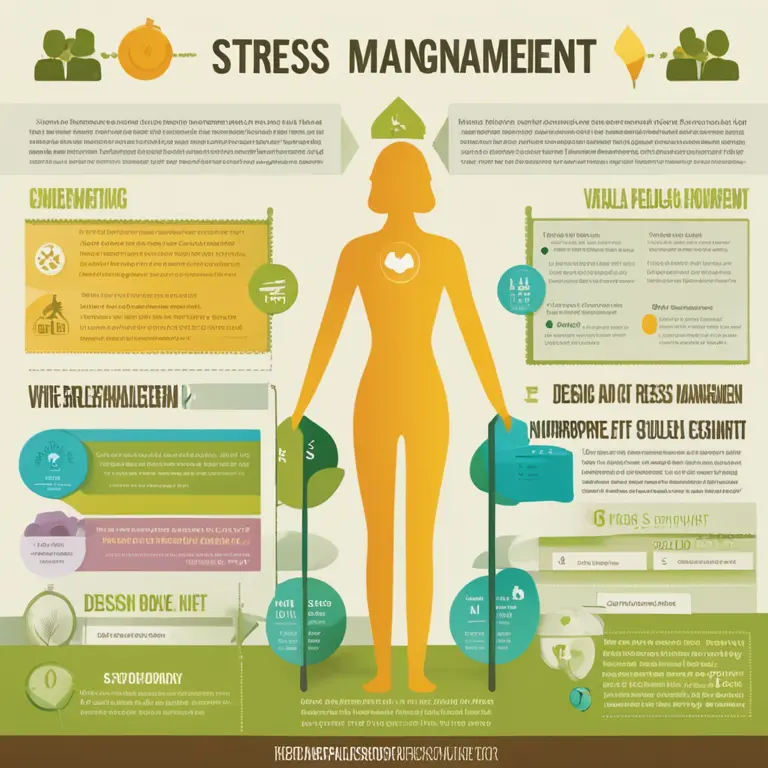
The Interplay of Mindfulness and Stress Reduction
Easing Your Mind: How Meditation and MBSR Foster Inner Peace and Stress Management.
article by Hina Kurosawa
Mindfulness-Based Stress Reduction Origins
Mindfulness-Based Stress Reduction, or MBSR, is a therapy program developed by Dr. Jon Kabat-Zinn in 1979. Rooted in mindfulness meditation, MBSR was created to address chronic pain but has since been widely recognized for its effectiveness in reducing psychological stress and improving emotional well-being. As modern life becomes increasingly hectic, the principles of MBSR gain more relevance, offering a time-tested retreat for the overstimulated mind.

What is Mindfulness?
Mindfulness is the practice of being keenly aware of the present moment without judgment. It is a state of active, open attention to the current experiences—sensations, thoughts, bodily states, consciousness, and the environment—while calmly acknowledging and accepting one's feelings and thoughts. By fostering an attentive awareness to the now, mindfulness allows for a more profound sense of connection to oneself and one's environment.

Components of MBSR
MBSR is a structured program that typically spans eight weeks, embodying various practices like sitting meditation, body scanning, yoga, and walking meditation. Participants in the program are also encouraged to engage in daily mindfulness exercises at home. The emphasis is on cultivating mindfulness in everyday life, aiming to break the cycle of habitual, unconscious reactions to life's stressors.

MBSR's Impact on Stress and Health
Research into MBSR has shown promising results for stress management. By promoting relaxation and present-moment awareness, MBSR enables individuals to disengage from automatic thoughts and behaviors, potentially leading to reduced stress and better coping strategies. Regular MBSR practice has also been linked to decreases in symptoms of anxiety and depression, improvements in sleep quality, and even positive changes in brain structure related to emotion regulation and attention.
Integrating Mindfulness into Daily Life
To derive lasting benefits from MBSR, incorporating mindfulness into your daily routine is crucial. This might mean setting aside time for daily meditations or simply bringing a more mindful approach to daily tasks such as eating, walking, or interacting with others. MBSR teaches that every moment is an opportunity to practice mindfulness, helping to ground you in the present and diminishing stress-related rumination.
Accessibility and Adaptations
In recent years, MBSR and mindfulness practices have been adapted for different populations and settings, including schools, workplaces, and even online platforms. Regardless of background or belief system, MBSR's principles are widely accessible, and its non-sectarian approach has paved the way for its global adoption. Moreover, as digital health technologies evolve, mindfulness apps and virtual MBSR programs are becoming increasingly popular, bringing these practices to a broader audience.
The Future of MBSR and Mindfulness Training
As we march further into the 21st century, the integration of mindfulness into healthcare and self-care continues to expand. With the burgeoning field of neuroscientific research supporting its benefits, mindfulness and MBSR are likely to become even more entrenched in strategies for mental health prevention and intervention. The journey towards wellness, it seems, might just begin with a single, mindful breath.
Published: 1/18/2024
Modified: 1/18/2024
More predictions
Come back here soon to learn more about yourself and your future


A Short Guide to Mindfulness Meditation
Embark on a journey of self-awareness and tranquility with this comprehensive guide to mindfulness meditation.


The Connection Between Meditation & Mindfulness
Discover the relationship between meditation and mindfulness, and how these practices contribute to mental clarity and inner peace.


A Beginner's Guide to Mindful Meditation Explained
Discover the essentials of mindful meditation to start your journey towards inner peace and heightened awareness with this beginner-friendly guide.